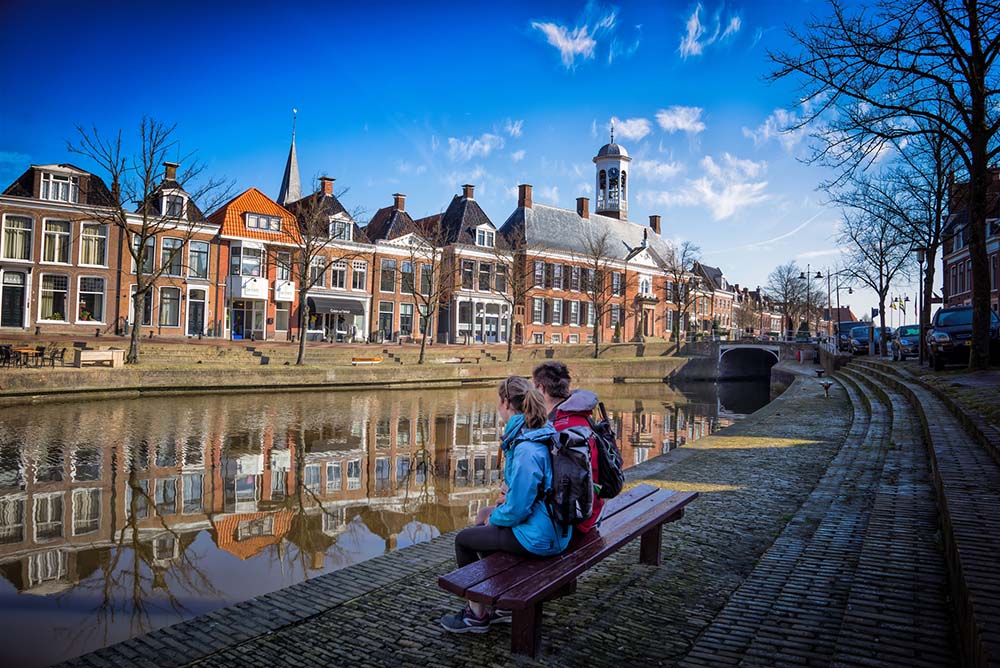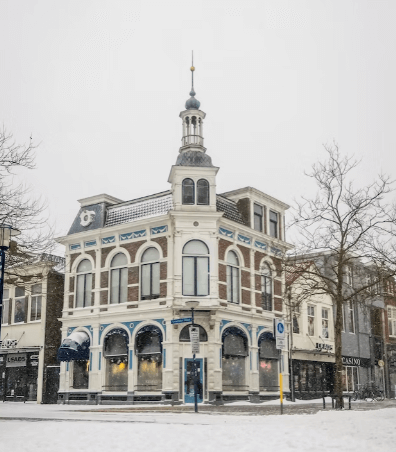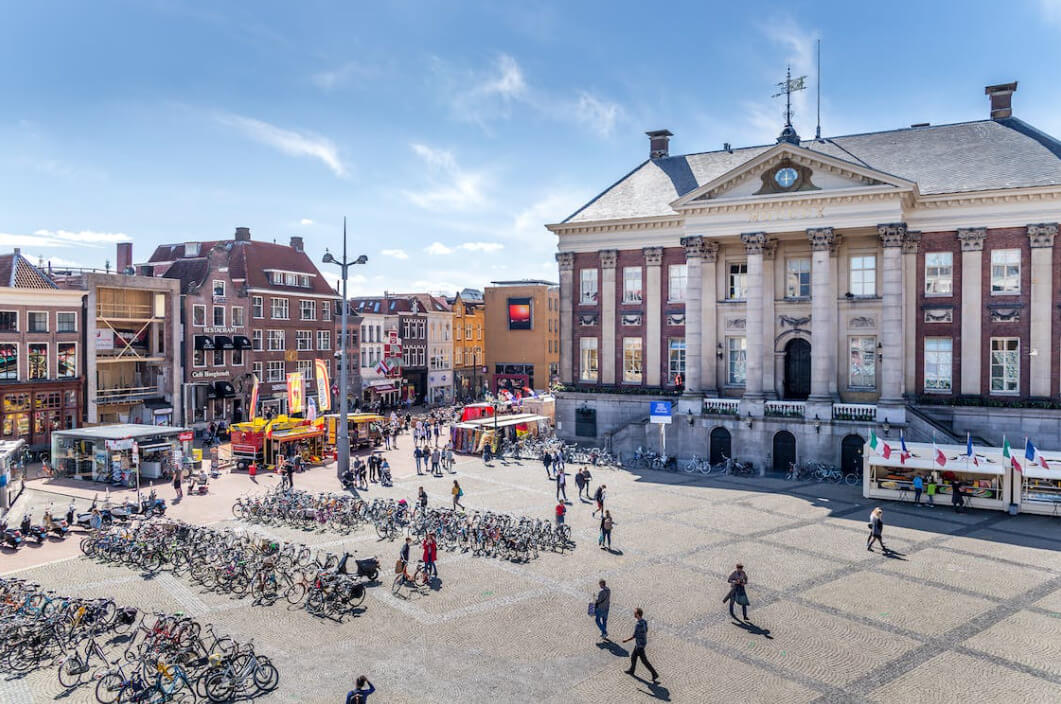PhD: Cross-linguistic study on the social meaning of address forms

The Center for Language and Cognition Groningen (Faculty of Arts, University of Groningen) invites applications for a fully-funded four-year PhD position in the fields of sociolinguistics, experimental pragmatics and cognitive linguistics. The PhD candidate will work on the project “Don’t call me by your name: A cross-linguistic investigation of the social meaning of address forms” and contribute to teaching in relevant programmes (e.g., Linguistics and Communication Studies) at the Faculty of Arts. This project is jointly supervised by assistant professors Alexandra Lorson and Alexander Martin and promoted by associate professor Emar Maier.
The PhD Project: “Don’t call me by your name”
Address forms vary cross-linguistically, though a tendency to use alternative forms in so-called ‘formal’ versus ‘informal’ address is widely attested. In many European languages, for instance, a distinction between T-forms (informal) and V-forms (formal) is present (e.g., jij vs u in Netherlandic Dutch, du vs Sie in German, tu vs vous in French). This project aims to answer the following research questions:
- What social meanings are associated with address forms in Dutch, German, and French and to what extent do they differ between these languages?
- How do these meanings emerge, considering the speaker’s intentions, the addressee’s inference process, and the shared social context of both interlocutors?
This project takes an experimental approach to socio-pragmatics (see Van de Velde, et al., 2022’s “laboratory sociolinguistics”) to study the social meaning of these variant forms in different languages, in order to better understand the situation- and cultural-specific uses of alternative forms of address. Social meaning is understood in the context of this project to refer “to the stances, personal characteristics, and personas indexed through the deployment of linguistic forms in interaction”, following Podesva (2011: 234) (see also Beltrama, 2020; Burnett, 2023). These linguistic forms can carry social meaning or, when used in a specific (social) context, prompt addressees to draw pragmatic inferences about social meaning (Solt et al., 2025; Sinnott, 2013). The project will thus require the candidate to engage with theories dealing with stance taking (see, e.g., Jaffe, 2009; but also Boltanski & Thévenot, 2006), pragmatic inferences (e.g., Potts, 2005; Levinson, 1979), as well as an engagement with frameworks such as politeness theory (e.g., Brown & Levinson, 1987). The goal is (i) to establish the indexical field (Eckert, 2008) of alternative forms for each language and (ii) to gain a deeper understanding of how these meanings emerge in interaction, tested through meta-linguistic tasks (e.g., questionnaires), interpretation tasks (e.g., the matched guise technique, Lambert et al., 1960) and interaction experiments.
The PhD candidate will be asked to:
- Carry out academic research in sociolinguistics/experimental pragmatics/cognitive linguistics as specified in the project description
- Engage in regular meetings with supervisors to discuss the PhD project development
- Write three to four publishable articles/chapters, with supervisory guidance
- Present research findings at national and international conferences, workshops, internal seminars
- Participate in the activities of relevant research groups (e.g., Language Diversity and Semantics and Cognition) and the Center for Language and Cognition more broadly
- Complete the PhD in the specified timeframe (4 years)
- Teach in the 2nd, 3rd and 4th year of the project
- Move to Groningen or its immediate vicinity
Organisation
Since its foundation in 1614, the University of Groningen has established an international reputation as a dynamic and innovative university offering high-quality teaching and research. Its 27,000 students are encouraged to develop their own individual talents through challenging study and career paths. The University of Groningen is an international centre of knowledge: It belongs to the best research universities in Europe and is allied with prestigious partner universities and networks worldwide.
The Faculty of Arts is a large, dynamic faculty in the heart of the city of Groningen. It has more than 5000 students and 700 staff members, who are working at the frontiers of knowledge every day. The Faculty offers a wide range of degree programmes: 15 Bachelor's programmes and over 35 Master's specialisations. Our research, which is internationally widely acclaimed, covers Archaeology, Cultural Studies, History, International Relations, Language and Literary Studies, Linguistics and Media and Journalism Studies.
Affiliation
The PhD candidate will be enrolled in the Graduate School for the Humanities at the University of Groningen. They will be involved in the Netherlands Graduate School of Linguistics (LOT). The project will be embedded within the Center for Language and Cognition (CLCG) at the Faculty of Arts of the University of Groningen, more specifically in the research groups for Language Diversity and Semantics & Cognition (which also hosts the Psycholinguistics research meetings). This will ensure the candidate can develop strong links with linguists with social, cognitive, and theoretical backgrounds. Moreover, dr. Martin has links with the SPRAAKLAB research group, which has extensive experience with data collection, and a well developed scientific outreach programme that the candidate can take part in.






